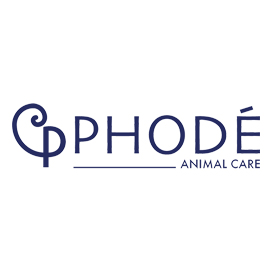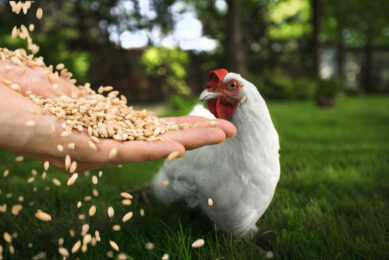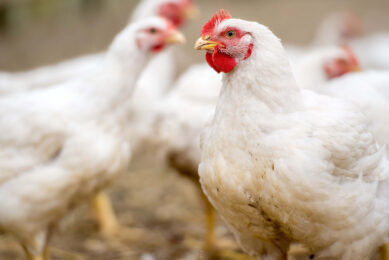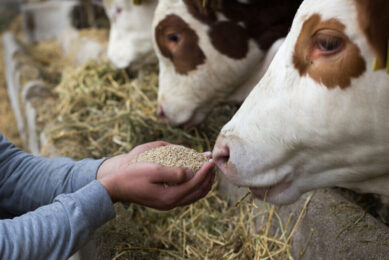The solution to stress in aviculture
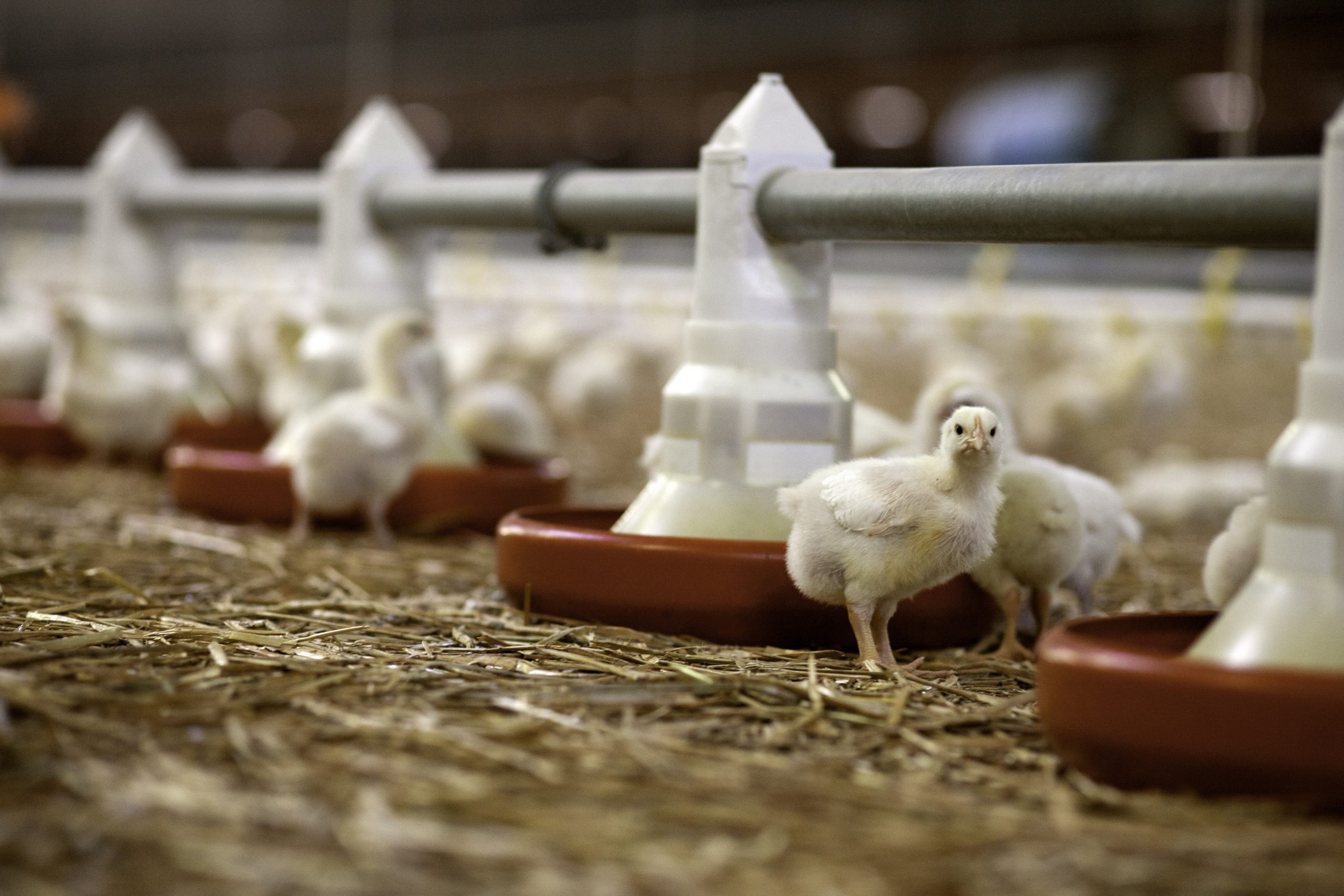
The genetic potential of poultry has been consistently on the rise. However, farming performance remains below the potential promised by breeders, even though control of farming parameters—feed, environment, health conditions, etc.—has never been better.
High-density poultry farming consistently results in lower feed consumption, which, in turn, results in lower growth performance. This phenomenon is largely compensated by the production gained per rearing house by this overcrowding.
Modern farms are obligated to prioritise overall production over individual performance. But isn’t this contradictory? In order to regain individual performance, while maintaining the same density, we must identify the cause of this performance drop: stress.
Phodé’s holistic approach
In this context, Laboratoires Phodé, experts in olfaction, developed the ‘Better-Being’ concept in order to reduce the effects of stress in modern farming. The concept is simple and based on 2 factors:
- Animals are constantly seeking ‘Better-Being’.
- Certain olfactory molecules have an impact on perceived stress and can offer an outlet.
Although the basic concept is simple, its implementation is more complex. The selection of plant extracts and suppliers makes for a complex product. The development of a specific galenic enabling the release of active ingredients over time makes for an innovative production process. Also, the identification of a mode of action for a product that acts directly on the brain requires complex investigative tools and long-term fundamental research. Finally, the real test lies in measuring the effects on the animal, specifically in various stress situations
Figure 1 – Brain modulation of stress perception.

Optimum delivery of active ingredients
This investigation has led to the development of a complex product based on a specific orange essential oil (selected for its stress-relief effects). One of its unique features is its special galenic which enables the feed to deliver its active ingredients not only to the digestive system, but also to the olfactory organs. VeO acts on the brain to modulate stress perception and stimulate the reward circuit, thus promoting behaviours best adapted to the stress perceived by the animal.
This has been tested under the various defined stress conditions typically found in a poultry farming environment: for example, heat stress, density stress, handling stress, and re-allotment stress.
Offset the drop in individual performance
The density stress models indicate that the observed chickens, as of week 4, demonstrate a high stress level through reducing their preening activity (Table 1). This cleaning behaviour is an indicator that chickens have adjusted to their environment, and a reduction in the amount of time spent on this activity reveals the level of stress.
VeO restores preening activity to an acceptable level, indicating a reduction in perceived density stress. In this context, well-being is considered to be an early performance indicator. In fact, the performance drop in high-density farming observed at the end of the production cycle corresponds quite closely to the reduction in preening activity. Thanks to VeO, animals return to a natural activity, which results in better performance (Table 2).
Coping with ever-present stress
This example illustrates how this new “Better-Being” concept can be applied to help animals cope with all sorts of stress. Given that stress is ever-present through all the different rearing stages, from the animal’s arrival to their removal, it is easy to imagine that this concept, when applied consistently, can lead to a significant increase in production performance and a remarkable drop in mortality due to aggressions or stress (vaccination, removal, transport, etc.).
VeO is a unique solution which maintains performance in the most demanding farming conditions by taking individual ‘Better-Being’ into account.
Author: Jean-François Gabarrou, Poultry Market Manager, Business Unit Animal Care Laboratoires Phode, France


